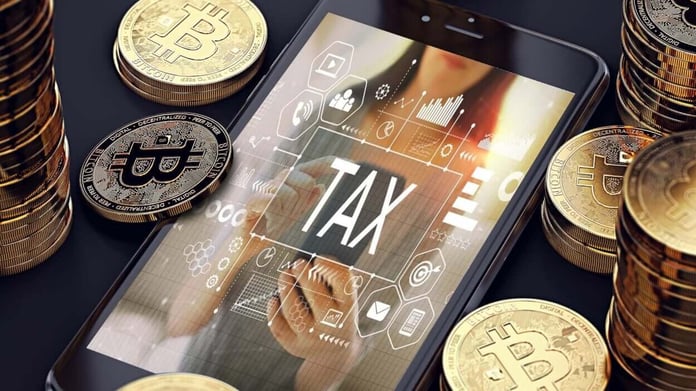Union Budget will Not Miss Out on Tax from Crypto
India took due care for its budget for the current Financial Year to not miss out on taxing over any gains made in the country from sales of cryptocurrencies and other Virtual Digital Assets (VDA), without actually bringing in any regulation to the sector. The situation is similar to the status of real money games (RMG) which are still not regulated, but the winnings made from playing them are taxed.
The initial announcement concerning “crypto tax” was delivered by Finance Minister Nirmala Sitharaman while presenting the budget for FY2022-2023 in the Rajya Sabha in February this year, saying that “any income from transfer of any virtual digital asset shall be taxed at the rate of 30 percent”.
In March, with the vote on the Finance Act of 2022, the Lok Sabha adopted the rules for levying crypto and VDA in India. Any gains resulting from the sale of such assets became taxable at 30 percent income tax from April 1, 2022.
The tax rate is applicable to the whole margin of the sale, i.e. the sale price minus the cost of acquisition with no option for deducting any other costs made in connection with it. Moreover, no losses suffered from sales of crypto, VDA, or from other sources can be set off against crypto profits. At the same time, any gifts received in the form of crypto shall also be taxable.
An additional TDS (Tax Deductible at Source) levy will become applicable on July 1, 2022, on all transactions with crypto. The TDS rate is set at 1 percent and the tax is subject to an annual threshold of ₹50,000. As the tax will be applicable to all crypto and VDA deals including when a loss is suffered, a claim for refund of the TDS from such transactions can be filed later with the income tax return.
Similarities with Taxing Income from Gambling Winnings
Looking at the income tax rules concerning gambling in India, we see virtually the same treatment that was just applied to crypto and virtual digital assets. Most notably, the tax rate is the same, with all winnings made from gaming taxable at 30 percent, subject to a non-taxable threshold of ₹10,000.
Another rather striking similarity is that losses suffered from any gambling activity are not deductible and cannot be set off against any profits from any source. Prizes not in cash, or the so-called “in-kind winnings”, are also taxable upon withdrawal from the platform.
The Indian tax legislation is not concerned with whether the gambling activity is legal or not, as the Income Tax Act specifically states its levy provisions are applicable to both legal and illegal activities.
When Can We Expect Actual Regulation on Crypto and RMG
The move to tax sales of crypto and VDA signaled a change of wind in Indian government circles after years of talks on how crypto should be banned altogether. It is a clear sign of the government recognizing the existence of this vast market, but taxing it is not the same as regulating it.
Both the crypto and the RMG fields need regulation, and some analysts expect crypto regulation to set an example for casino regulation in the country as “both require monetary investments, both hold immense potential, and both can run anyone into financial despair if they’re not careful.”
Implementing regulation on crypto can act as a catalyst toward the creation of a “more liberal and educated online gaming landscape in India”, similar to the safer gaming environment achieved by a number of EU member states, the UK, and the US through contemporary regulatory and licensing regimes.
India could move away from the era of vague and ambiguous boundaries between games of skill and games of chance and drive on towards a “simple regulation that demands transparency, fairness, and care towards its gamblers”.
“Because while taxation on crypto solves any profit “leakages” in India, it doesn’t solve the addictive behaviors that a volatile crypto market brings. Cryptocurrency apps don’t have “responsible trading tools.” It’s not possible to self-exclude yourself or set limits on sessions, losses, profits, or deposits. These are equal to the Responsible Gambling tools that online casinos have been offering players for decades,” the experts write.


